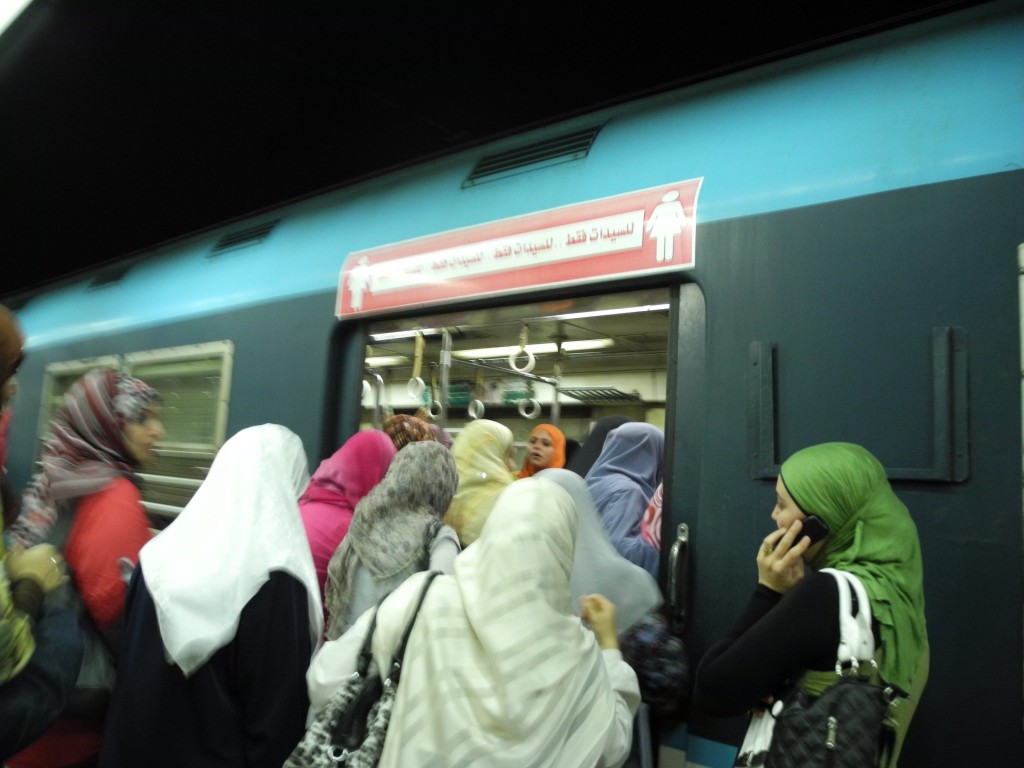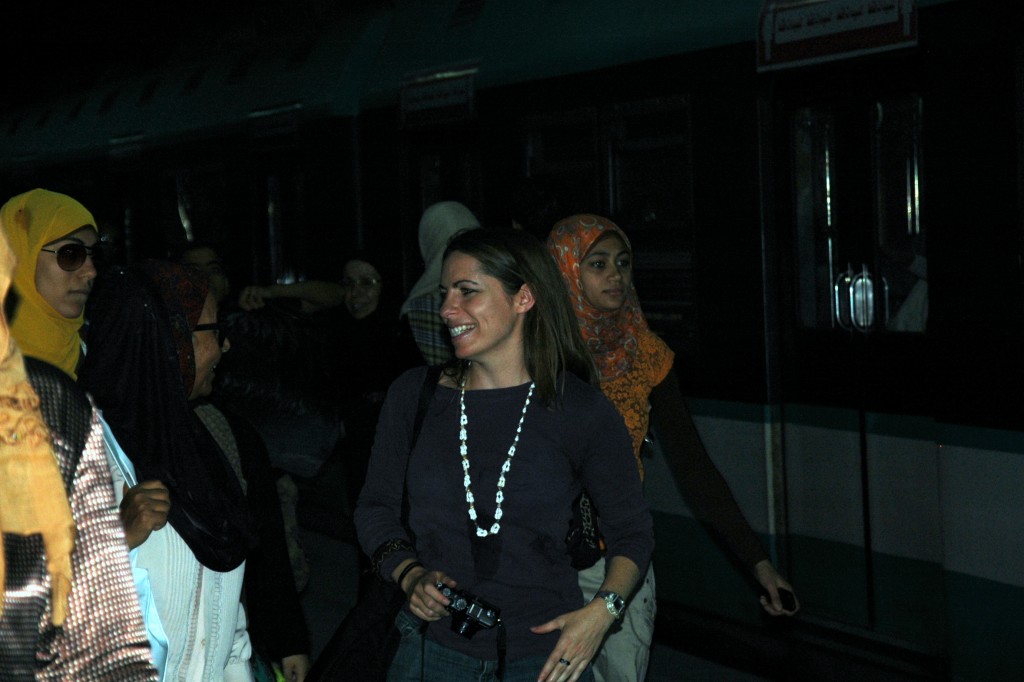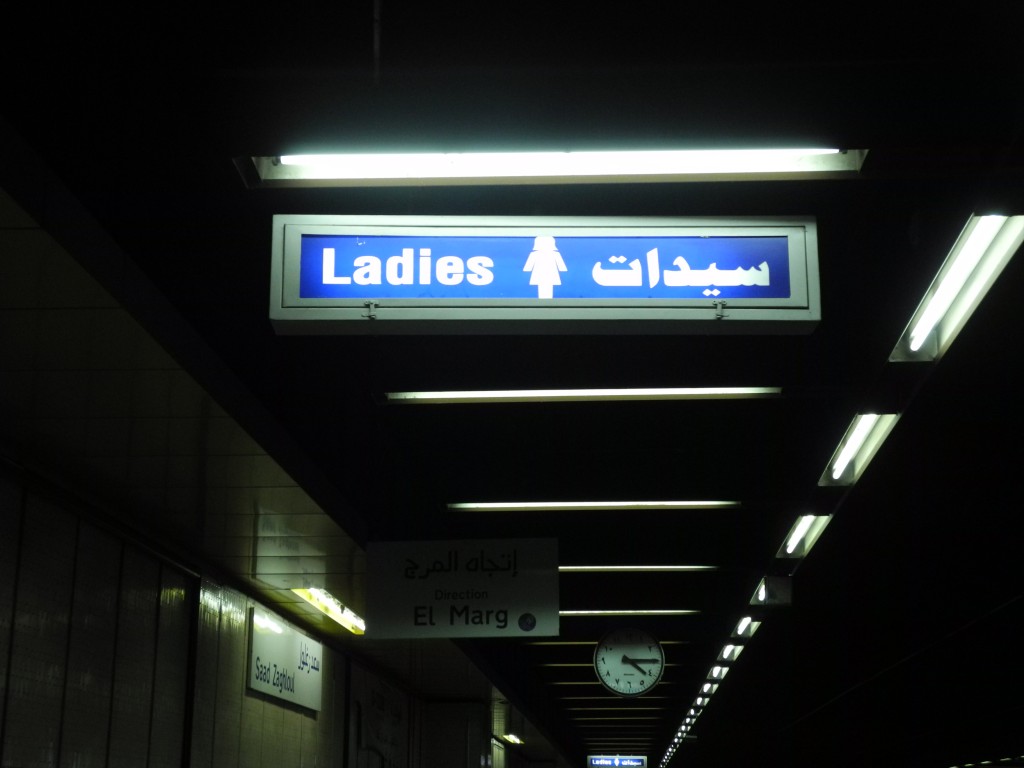Around midnight on Saturday, a new female friend and I walked one block to a pub in Elmswell, UK, so we could use the restroom. We were back early from a wedding reception to “decorate” our friend’s (the bride) camper and we were locked out of the house until everyone else returned.
We chatted and laughed as we walked until a group of 10 drunk teenage boys loitering along the road talked to us. At first all they said were hello’s and even though I felt like they were about to harass us, we politely said hello back. And then of course they harassed us. It was the typical “yeah baby,” and “ooh sexy” crap.
I paused and shouted, “Hey, don’t harass us,” and then there was silence. But then one of them said (I think), “That’s a shit haircut.” Which is funny since our hair looked great since we’d just left a wedding (though we were no longer in wedding attire, just sweatshirts and pants). Maybe he said something else. I don’t know. We just kept walking.
After using the restroom, we met up with three other friends who’d walked to the Pub separately, including two men. When we told them what happened (and I said, see, that’s what I’m always speaking out against!) they said we needed to walk back together in a group, strength in numbers, blah blah. So we did.
The harassers started off with their hello’s again, but this time we did not fall for it and ignored them and they basically left us alone. Oh except one of them started following us. We turned into our friend’s long driveway and watched from the shadows to make sure he kept on going.
I studied abroad in the UK seven years ago, and I eventually stopped going out with my flatmates to pubs and clubs because I got so sick of the harassment. At the clubs, many men had no problem grabbing you or grinding on you without warning or asking for your consent. I was in the UK just over 48 hours on this visit and I was disappointed I had to deal with some of the same crap.
I was also sorry that the woman I was harassed with (a very nice mutual friend of the bride I had not met before), who runs and travels alone a lot, was so resigned to the behavior. “There are places I know I can’t go alone as a woman,” she said. And I said, “But isn’t that messed up? Shouldn’t we be allowed to go anywhere and not have to worry about harassment or assault? Why is that just accepted?” And she thought about it and agreed.
– Holly
Location: Elmswell, Suffolk, UK
Share your street harassment story today and help raise awareness about the problem.
Find suggestions for what YOU can do about this human rights issue.




